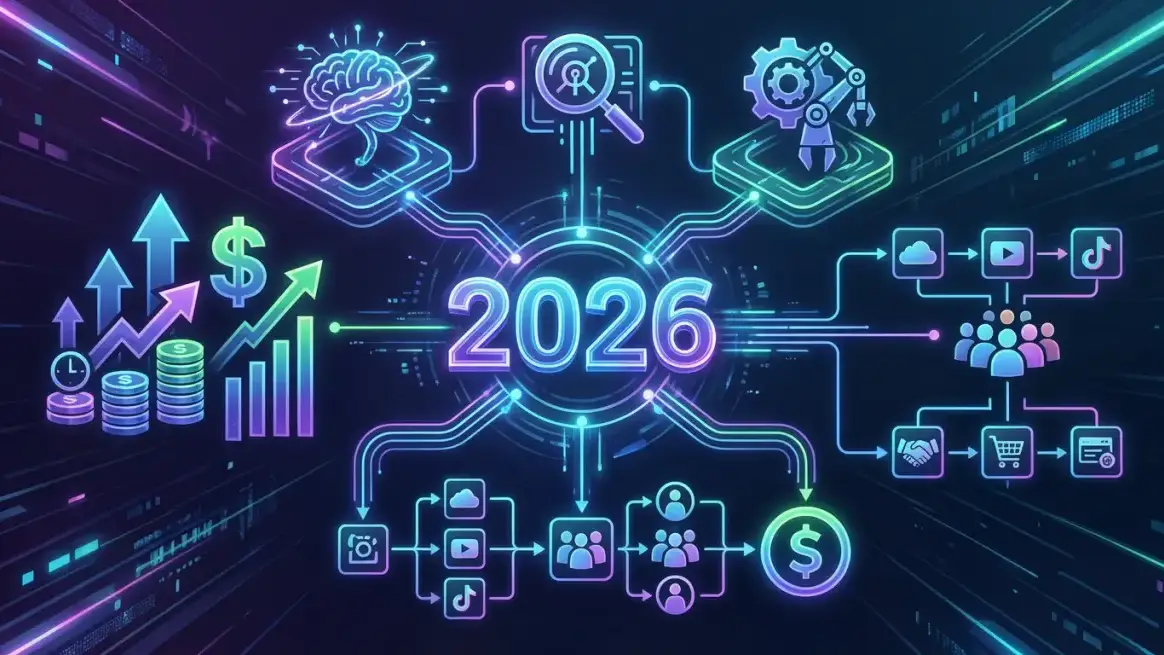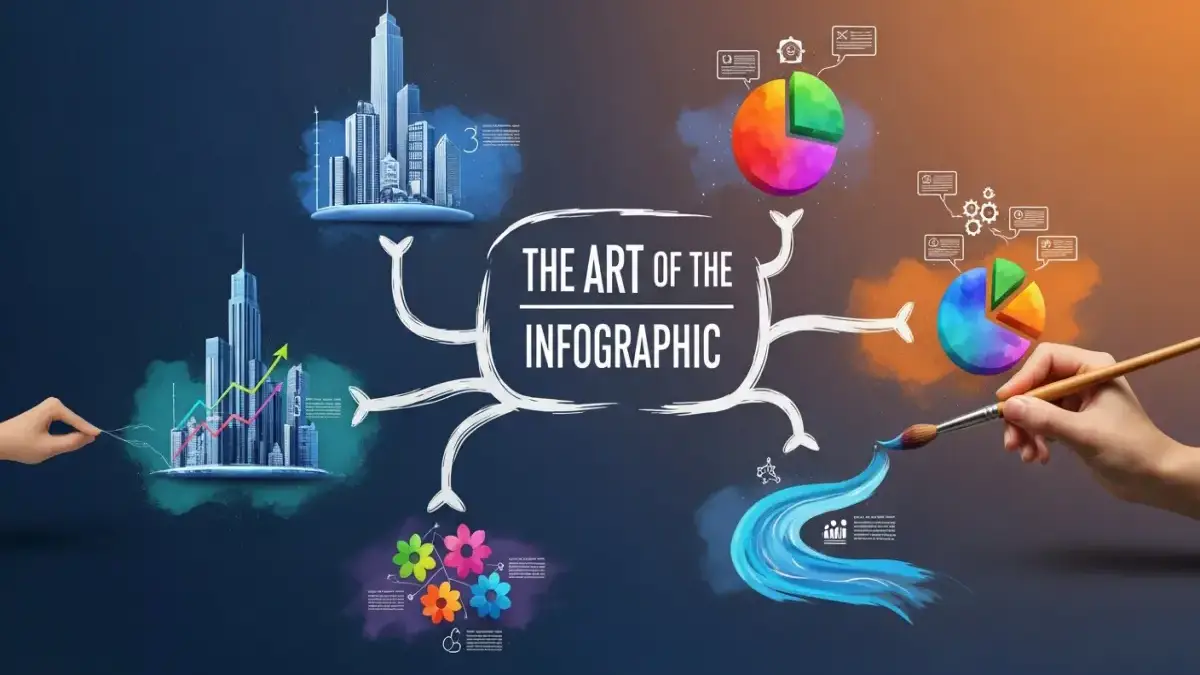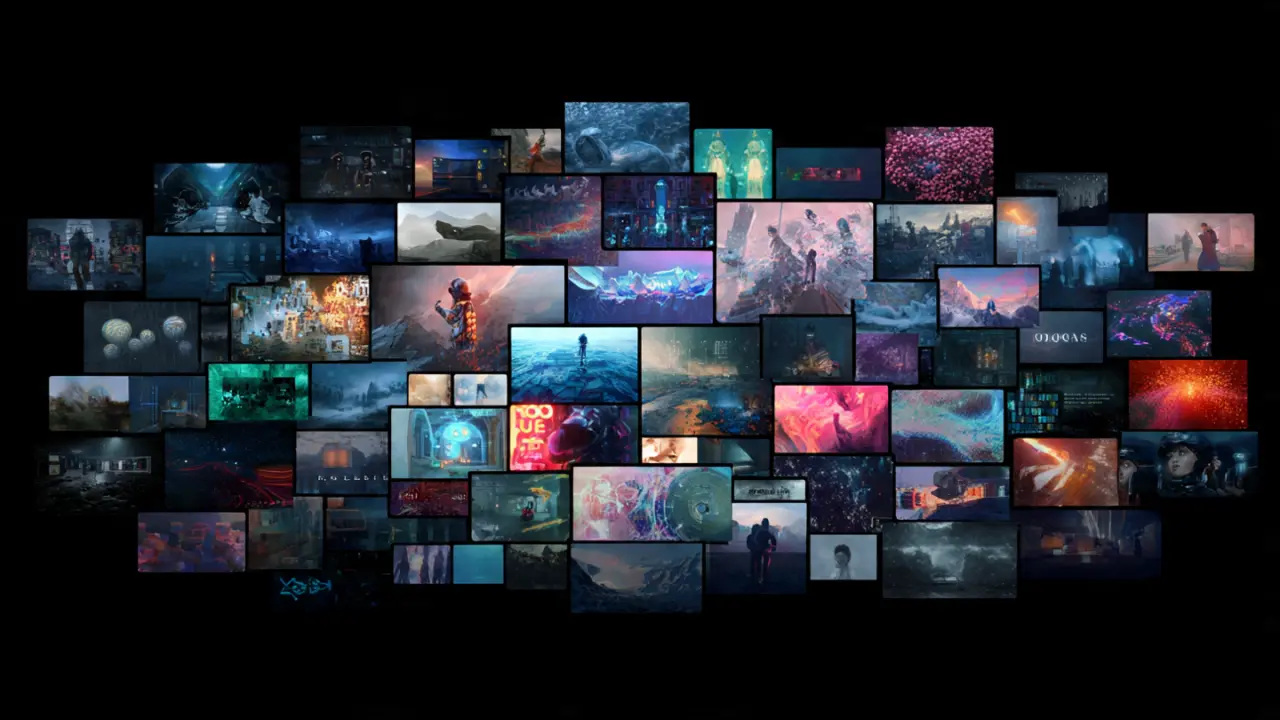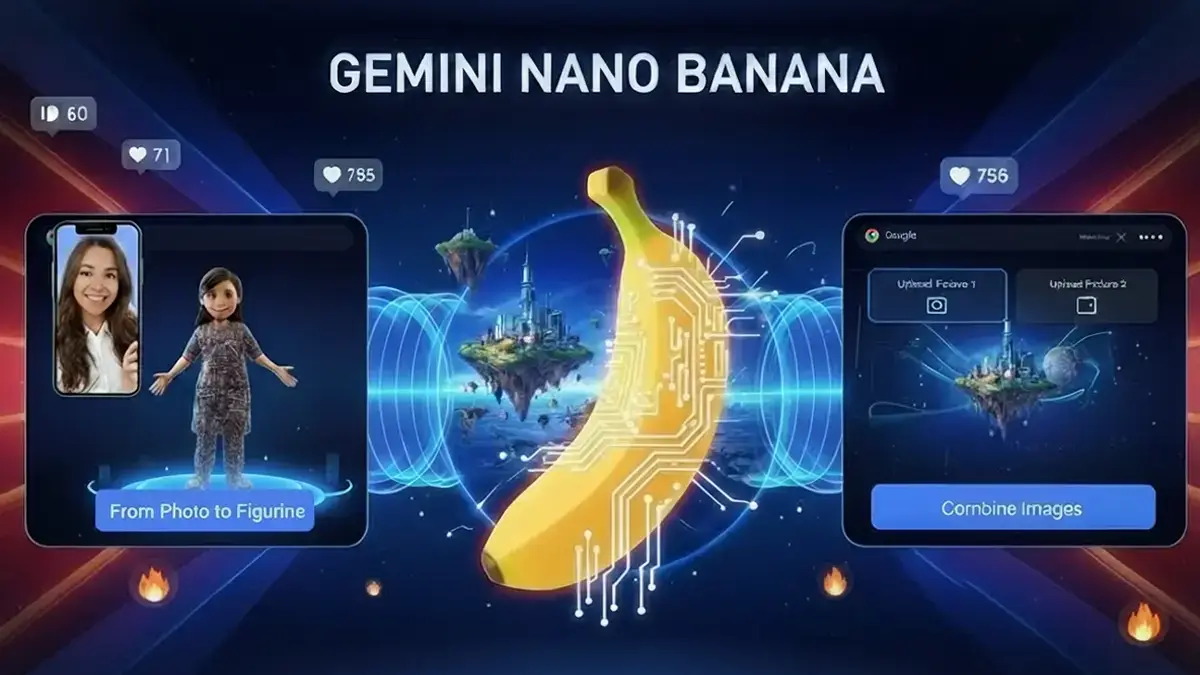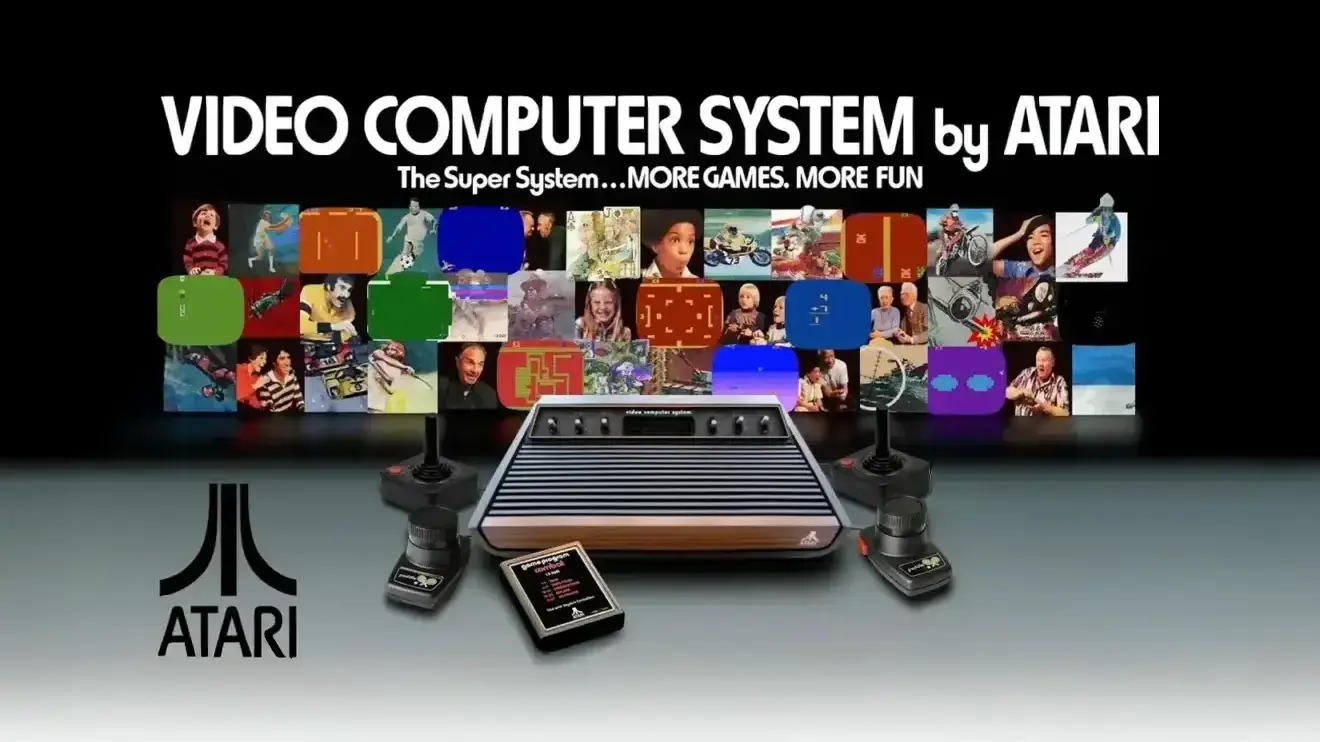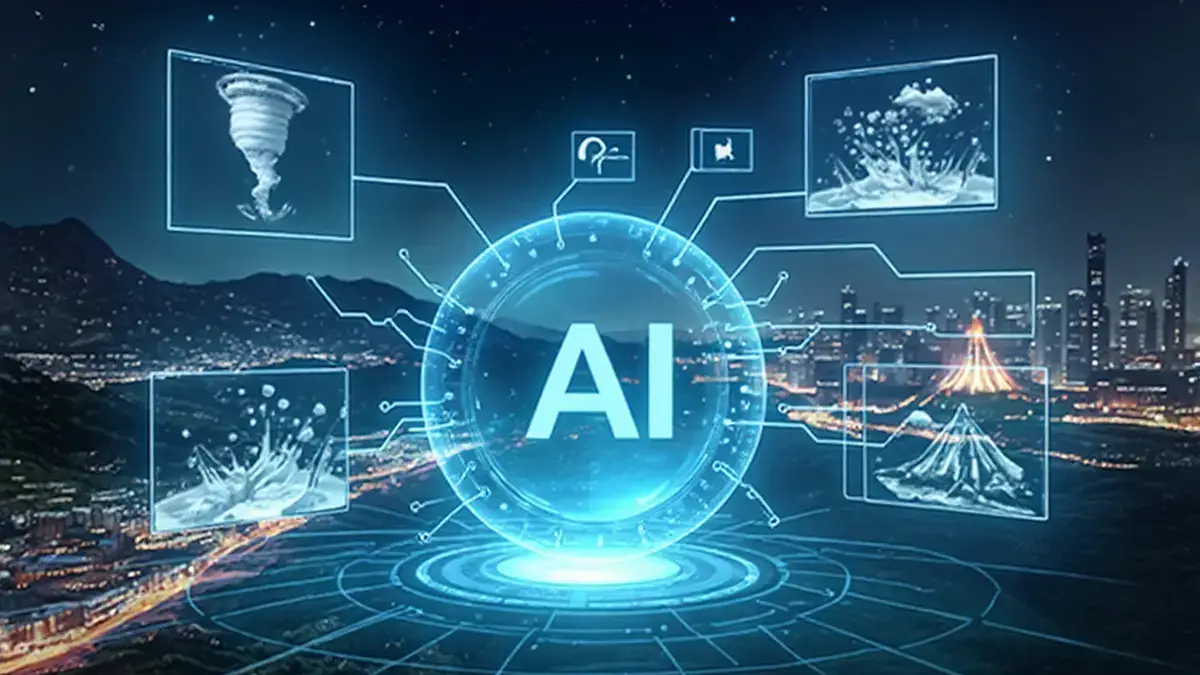AI’s impact on gaming has been significant, reshaping the industry with improved gameplay, immersive experiences, and cutting-edge development tools. By enabling intelligent non-player characters (NPCs), creating dynamic content, and enhancing player engagement, AI is redefining the gaming landscape.

Game Development and Tools
AI also streamlines development, with tools like Roblox‘s AI assistant helping creators build games faster. This democratizes game design, allowing more people to contribute. Sports games like FIFA 22 use AI for realistic player movements, adding depth to simulations.
Detailed Analysis of AI in Video Gaming
AI has evolved from simple game opponents to complex systems enhancing gameplay and development. This survey explores AI’s diverse roles in gaming, combining historical and recent insights to provide a comprehensive overview for enthusiasts and developers alike.
Historical Context and Early AI
AI’s early use in gaming began with Nim (1951), showcasing machine learning. The 1970s and 1980s popularized AI through arcade games like Space Invaders (1978) and Pac-Man (1980), which featured adaptive difficulty and varied enemy behaviors. These developments laid the foundation for modern AI, enhancing game immersion and challenge.
NPC Behavior and Intelligence
AI controls NPCs for realism and responsiveness. Red Dead Redemption 2 (2018) features NPCs reacting to player actions and environment, while F.E.A.R. (2005) has enemies using tactics like flanking and cover. Alien: Isolation (2014) features a learning Xenomorph, and Halo: Combat Evolved (2001) pioneered tactical AI with behavior trees, enhancing immersion.
Procedural Generation and World Building
AI revolutionized world creation via procedural generation. Minecraft (2011) uses AI for infinite, diverse worlds with high replayability. No Man’s Sky (2016) employs it for vast, unique explorable universes. Doom (2018) uses Generative Adversarial Networks (GANs) trained on human levels to design new ones, showcasing AI’s potential to autonomously generate varied game content, expanding creative possibilities and reducing development time.
Adaptive Gameplay and Difficulty
AI adapts gameplay for balance and engagement. Left 4 Dead (2008) features an “AI Director” that adjusts difficulty, enemy spawns, and environments dynamically. XCOM: Enemy Unknown (2012) uses AI to assess player skills in battle, altering NPC behavior for varied challenges. These systems keep games accessible yet challenging across different play styles and skill levels.
AI Companions and Allies
AI-driven companions enhance single-player experiences. The Last of Us: Part I (2013) refined NPC ally AI, making Ellie excell at detecting enemies, adapting actions, and moving stealthily. BioShock Infinite (2013) features Elizabeth, who interacts dynamically, explores, and provides supplies. These companions enrich gameplay, fostering immersion and a stronger sense of partnership.
Sports and Simulation Games
AI enhances realism in sports and simulation games. FIFA 22 (2021) uses machine learning for realistic player movements and tactical AI, mirroring real-world football. Cities: Skylines (2018) simulates daily citizen activities, with AI agents adapting to traffic, jobs, and services, creating a dynamic urban environment. These systems boost authenticity for casual and competitive players alike.
Comparative Analysis
AI-driven narrative generation enhances storytelling. AI Dungeon (2019) uses GPT-3 to create limitless, player-driven narratives. Middle-Earth: Shadow of Mordor (2014) employs the Nemesis System, where NPCs remember encounters and adapt behavior, forming unique villains. These innovations deepen immersion, offering dynamic, personalized experiences that push interactive storytelling forward.
Narrative and Story Generation
To illustrate the diversity of AI applications, consider the following table, which summarizes key games and their AI features:
*Scroll left or right to view all details
| Game Title | Year | AI Feature Description | Category |
|---|---|---|---|
| Red Dead Redemption 2 | 2018 | NPCs adapt to player actions and environment, creating immersive open-world experience. | NPC Behavior |
| Minecraft | 2011 | AI generates infinite, unique worlds with diverse landscapes and resources. | Procedural Generation |
| AI Dungeon | 2019 | Uses GPT-3 for endless narrative generation based on player input. | Narrative Generation |
| FIFA 22 | 2021 | Machine learning for realistic player movements and tactical NPC AI. | Sports Simulation |
| Roblox | 2006 | AI assistant (Roblox Assistant) aids in game development, enhancing user-generated content. | Development Tools |
| Left 4 Dead | 2008 | AI Director adjusts difficulty and challenges based on player performance. | Adaptive Gameplay |
| F.E.A.R. | 2005 | Enemies use environment tactically, perform flanking maneuvers, and play dead. | NPC Behavior |
| Doom | 2018 | Trained on levels to design new playable levels autonomously. | Procedural Generation |
| The Last of Us: Part I | 2013 | NPC allies detect enemies, adapt actions, and move stealthily. | AI Companions |
| Middle-Earth: Shadow of Mordor | 2014 | Nemesis System creates unique villain personalities based on player actions. | Narrative Generation |
When you purchase through our Amazon links, we may earn a commission at no extra cost to you. Your support means a lot and helps us keep doing what we love. Thank you!
Future Game Development and Industry Trends
AI is transforming game development by reducing manual work and accelerating production. Roblox (2006) uses AI-powered tools for user-generated content. Ubisoft’s Ghostwriter AI speeds up NPC dialogue creation. Red Dead Redemption 2 (2018) employs AI-driven bug testing. Emerging trends include generative AI, cloud gaming, blockchain/NFT content, AR/VR worlds, voice recognition, and wearable support, ensuring immersive experiences and meeting growing demand.

Related Posts
The 2026 Online Income Tutorial: Low-Effort, High-Return Strategies
The top 2026 online income tutorial combines AI, niche skills, and automation for low-effort,…
Holiday Hits: Must-Play Christmas Video Games for 2025
Bring home Great Christmas Video Games 2025 on Windows, Mac, Linux, and consoles — heartwarming…
The Art of the Infographic
The Art of Infographic shows how infographics combine visuals, text, and structure to present…
The Best Super Nintendo RPGs of All Time
The Super Nintendo (SNES) -- A game console synonymous with 16-bit magic and some of the most…
Top AI Video Generators of 2025
Top 2025 AI video tools create cinematic films, polished corporate avatars, and rapid social clips,…
Welcome to Gemini Nano Banana Mania
Are you new to Gemini Nano Banana Mania? — read on for a hands-on look at Google’s latest nano AI…
Get One Year of Perplexity Pro Free with PayPal
Unlock a full year of Perplexity Pro at no cost with PayPal. This limited-time deal runs from…
The Legend of Atari 2600 VCS
The Atari 2600 VCS is a legend in gaming history—released in 1977, it revolutionized home…
AI vs. Nature’s Fury: Revolutionizing Natural Disaster Management
AI is revolutionizing how we handle natural disasters—enhancing early warnings, streamlining…
How to Master Pro Brawl Stars Strategy Without Spending Money
Master pro-level Brawl Stars strategy with zero pay-to-win tactics. Learn advanced movement, team…


















